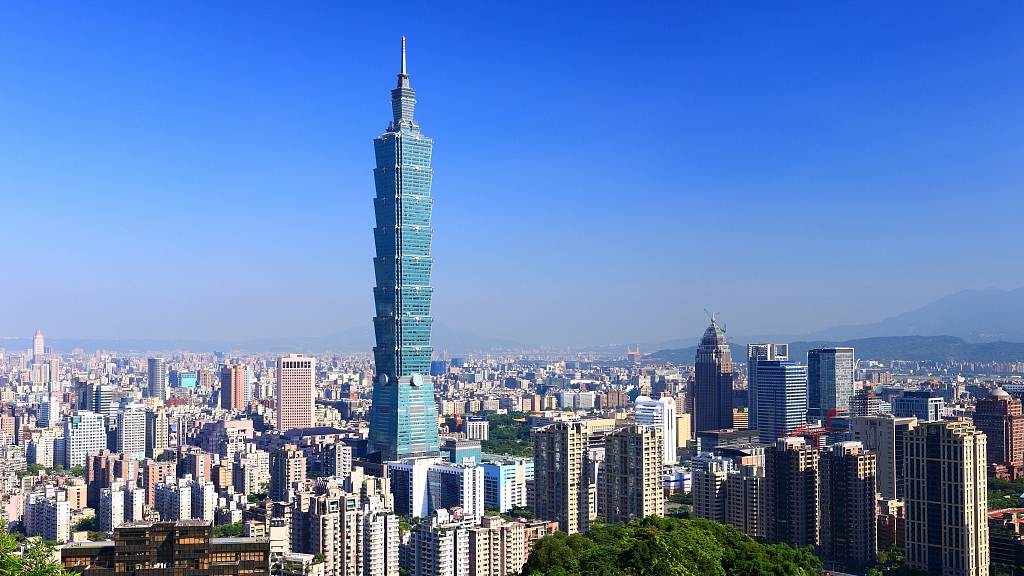No rules for USA
Xinhua | Updated: 2022-08-28 08:52

Some US politicians keep preaching "upholding the rules-based international order." But in reality, the country proves to be the biggest destroyer of rules and order, and their repeated reference means nothing but their preference for US hegemony.
As a founding member of the United Nations and the world's only superpower, the United States constantly places its domestic law above international law and observes international rules only as it sees fit. This is the biggest damage being done to the international order.
While asking other countries to uphold the international order, the United States has been obstructing negotiations for a verification protocol to the Biological Weapons Convention, and refusing to ratify multiple international conventions including the United Nations Convention on the Rights of the Child.
The United States has withdrawn from the UN Human Rights Council, the UN Educational, Scientific and Cultural Organization and other organizations, even the Trans-Pacific Partnership it had advocated.
The United States' so-called "rules-based international order" is actually a bunch of rules made by a handful of countries to serve the selfish interests of the United States in seeking hegemony.
John Bolton, former White House national security adviser, said earlier in an interview unashamedly that he had helped plan coups in foreign countries. Bolton's admission is so revealing.
Leading US politicians trumpet the so-called "rules-based international order" for one purpose: to ensure that the United States can easily interfere in other countries' affairs and overthrow their governments at its own will. This is exactly the kind of "rules" and "order" that they want to defend.
For years, the United States has created political unrest in Latin America, played a part in the "Arab Spring", and instigated color revolutions in Europe and Asia. The United States has wantonly invaded and interfered militarily in other countries, killing over 800,000 people and turning more than 20 million into refugees in Iraq, Syria, Libya and Afghanistan. The United States says little, however, about how many innocent lives have been lost and how many families torn apart as a steep price for this order it championed.
The Taiwan question has always been the most important and the most sensitive issue at the heart of China-US relations. The China-US Joint Communique on the Establishment of Diplomatic Relations, published in December 1978, states: "The Government of the United States of America acknowledges the Chinese position that there is but one China and Taiwan is part of China."
However, the United States has substantially eased restrictions on official relations with Taiwan and increased military contacts with the region, as evidenced by US House Speaker Nancy Pelosi's visit to Taiwan earlier this month. The United States' deviation from the one-China principle will surely take a huge toll on the mutual trust between the two countries.
The one-China principle, reaffirmed by United Nations General Assembly (UNGA) Resolution 2758, is an integral part of the post-WWII international order, an established international consensus and a widely-accepted basic norm in international relations.
By breaching the one-China principle, the United States is also challenging the post-war international order, which will surely be met with wide opposition from the international community.
US Secretary of State Antony Blinken claimed in June that they've sought to build an imperfect but liberal order. But judging from the US deeds, it is neither liberal nor order; it is hegemony, highhandedness and bullying, and an attempt of the United States and a small number of other countries to make rules that suit themselves.
People across the world will not want the kind of "imperfect" but "liberal" order peddled by the United States. What they want is an equal and shared right to security, development and prosperity for all. It is high time that the United States reflects on itself and takes real responsibilities for world peace and development.
























